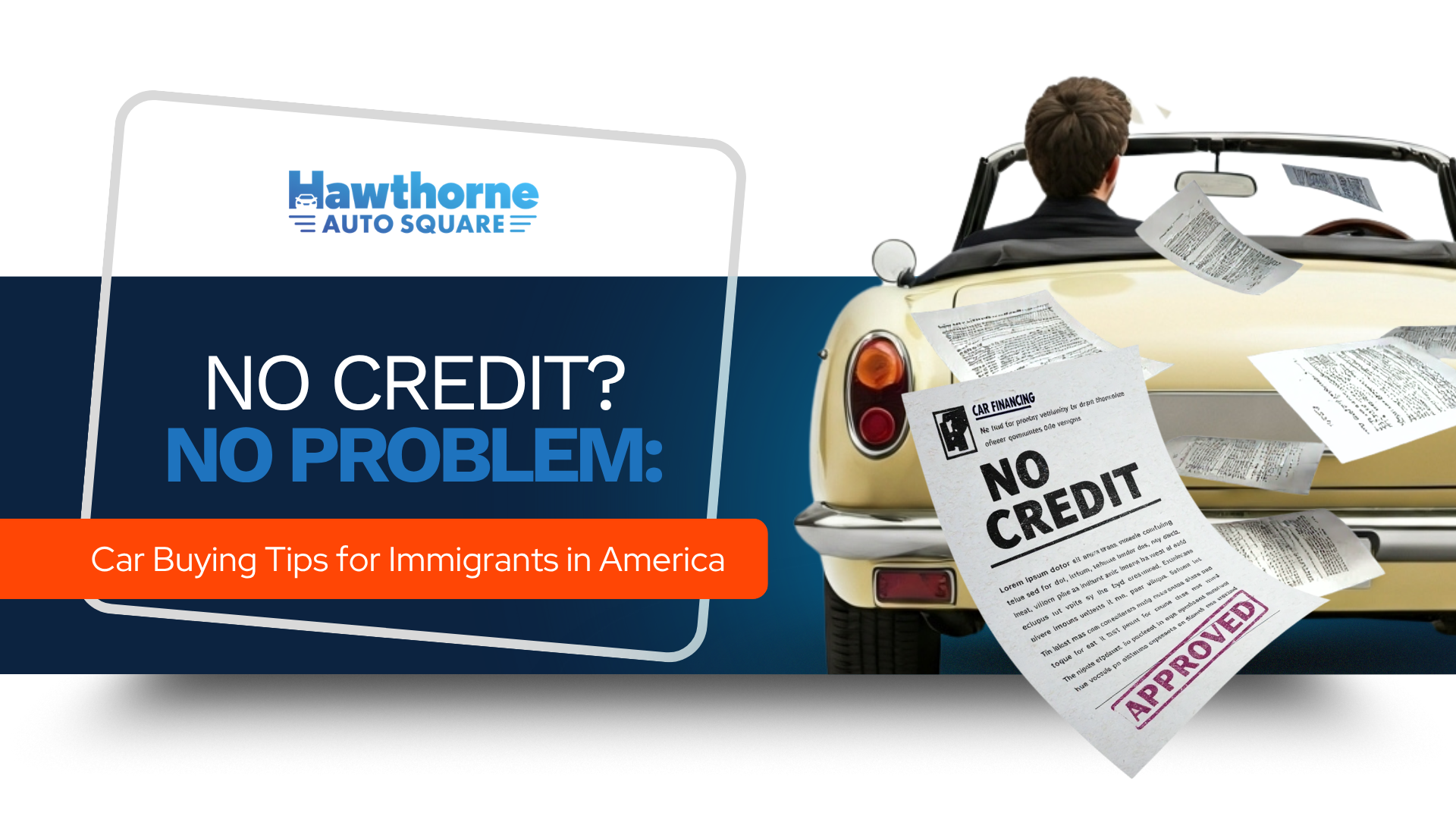
- SALES : (866) 707-7664
- PAYMENTS : (866) 902-7955
- 11646 PRAIRIE AVE, HAWTHORNE, CA 90250
- MON - SAT 8AM - 8PM | SUN 10AM - 6PM
- SALES : (866) 707-7664
- PAYMENTS : (866) 902-7955
- 11646 PRAIRIE AVE, HAWTHORNE, CA 90250
- MON - SAT 8AM - 8PM | SUN 10AM - 6PM
Is Your Car Loan Underwater? What to Do When You Owe More Than It’s Worth

While purchasing a new vehicle is exciting, it’s important not to bite off more than you can chew. Committing to car payments outside your budget can cause your loan to go underwater if you run into financial hardship — you’ll wind up owing more than the car is worth. Read on to learn more about underwater car loans and the steps you can take if your loan has turned upside-down.
What Does It Mean to Have an Underwater Car Loan?
Being “underwater” on a car loan means that you owe more on the car than it’s worth. For example, if you currently owe $20,000 on your car loan, but the vehicle’s market value is $15,000, you’re “underwater” or have a negative equity of $5,000.
While negative car loans may not be a huge issue if you plan to keep your car long-term, it can make selling or trading your vehicle difficult. If you sell the car, you’ll have to pay the difference between the loan and the sale price out of pocket. If you trade it in, the lender will add the remaining balance to your new loan and increase your payments.
Why You Might Be Underwater on Your Car Loan
As cars can depreciate rapidly, going underwater on a car loan is not uncommon. The most common reasons people end up with negative equity include the following:
- Purchasing a car outside their budget: While buying an expensive car filled with all the bells and whistles may be intriguing, the final price might be more than you can afford.
- Not making a down payment: If you don’t put a down payment on your vehicle, you’ll end up financing the entire value of the car. Due to depreciation, you’ll lose money as soon as you drive the car off the lot.
- High interest rates: When you finance a car with a high interest rate, a large percentage of your monthly payment goes toward the interest rather than the principal, causing your loan balance to decrease slowly and making it more likely you’ll go underwater.
- Adding a previous loan to your current one: If you combine a prior auto loan into your new one, you may feel your financial burden has lightened. However, this can cause your debt to grow and make it easier to end up underwater.
What to Do if Your Car Loan is Underwater

If you’re underwater on your car loan, don’t panic. There are steps you can take to deal with your upside-down car loan and minimize the effects of your negative equity.
Before doing anything, determine how far underwater you are. You can search the National Automobile Dealers Association Guides to find the current market value of your car. Take this number and subtract your remaining loan balance to determine how much negative equity you have.
Now that you know how far underwater you are, you can determine the best course of action. Consider the following options:
- Pay a lump sum: If you have the financial means to pay a lump sum on your auto loan, this is often the best option. It will pay down your negative equity, and you won’t have to take on more debt.
- Contact your lender: Speak with your lender and ask if they have any options when it comes to loan modification. You may be able to pay more towards your principal each month, allowing you to bring down your balance faster than the car depreciates.
- Refinance your loan: You can refinance your car loan at a lower interest rate and consolidate your debt if you have good credit. Make sure to look for the shortest-term loan possible, as long-term loans will have you paying more interest in the long run.
- Sell your car: Selling your car privately can help you receive the highest possible price. You can use this money as a lump sum to pay off your car loan and reduce the interest paid. Remember that you will still be responsible for the total amount owed on the loan.
Preventing Underwater Car Loans in the Future
If you’ve gone underwater on a car loan, you can take these steps to ensure it doesn’t happen again in the future:
- Purchase GAP insurance: Guaranteed Asset Protection (GAP) insurance ensures you won’t go underwater on your car loan. It covers the difference between what your car is worth and what you owe on a loan.
- Put money down: When purchasing a car, putting 20% or more down will help you stay ahead of depreciation.
- Choose the shortest repayment period possible: The longer your repayment period, the more interest you’ll pay. Choose the shortest repayment period possible to stay ahead of the car’s depreciation.
- Choose a car within your budget: When shopping for a new vehicle, find an affordable car within your means. This ensures that your payments are manageable and you won’t be stretched too thin.
Visit Hawthorne Auto for Affordable Used Cars
Avoid going underwater on your car loan by purchasing an affordable vehicle from Hawthorne Auto Square. For over 25 years, we’ve helped Southern California residents find the car of their dreams at the most affordable prices. Our in-house financing programs ensure you’ll be approved no matter your credit score, income source, or previous bankruptcy. With payments as low as $150, you won’t have to worry about your loan turning upside-down. Contact us or visit our Los Angeles dealership to explore our inventory today.
Frequently Asked Questions
Should I keep making payments on my underwater car loan?
Yes! The best way to get out of a negative equity car loan is to make as many payments as possible, as soon as possible. Putting a lump-sum payment on your loan will reduce your amount owing and help you get ahead of depreciation.
When is the best time to trade in my car if it’s underwater?
If you want to trade in a car with negative equity, it’s best to do it as soon as possible. The sooner you trade it in, the more money you’ll receive. Contact our team to learn more about the trade-in process at our Los Angeles dealership.
Should I worry about underwater car loans if I lease my vehicle?
No, underwater car loans refer to cars purchased through financing. When you lease your vehicle, you don’t have to worry about depreciation, as you can return the vehicle after your lease is up. You can also do a car lease buyout and purchase the vehicle from the dealership.
Latest News


Why Should I Buy a Used Toyota Camry?

Bankruptcy and Car Ownership: How BHPH Can Help


Used Car Price Trends for 2025: What Buyers & Sellers Need To Know
Get approved
It only takes a few minutes and won’t affect your credit.
- Pre-Inspected Cars
- Clean Title
- Under Warranty
Latest Videos
What Do I Need To Buy A Car - Hawthorne Auto Square
Second Chance for a New Car - Hawthorne Auto Square
Pre Approved Auto Lone – Hawthorne Auto Square
- SALES : (866) 707-7664
- PAYMENTS : (866) 902-7955
- 11646 PRAIRIE AVE, HAWTHORNE, CA 90250
- MON - SAT 8AM - 8PM | SUN 10AM - 6PM
© 2025 Hawthorne Auto Square. All Rights Reserved. Website Designed by: Ad Leverage | Privacy Policy | Terms of Service | Manage Cookies | DSAR |License #91864
© 2025 Hawthorne Auto Square. All Rights Reserved. Website Designed by:
Ad Leverage | Privacy Policy | Terms of Service
License #91864

